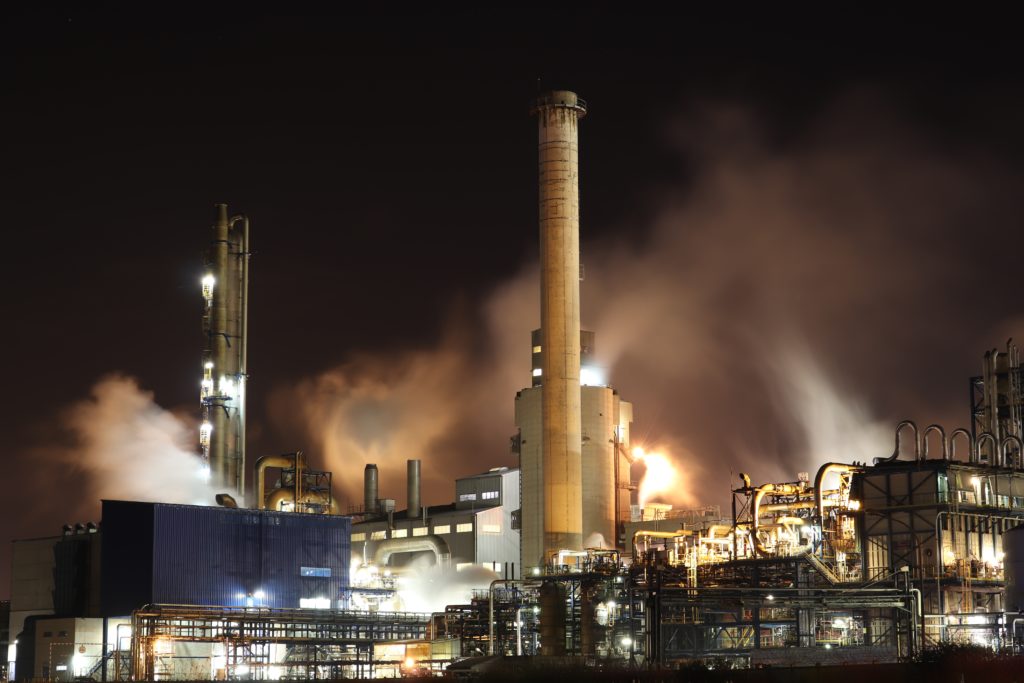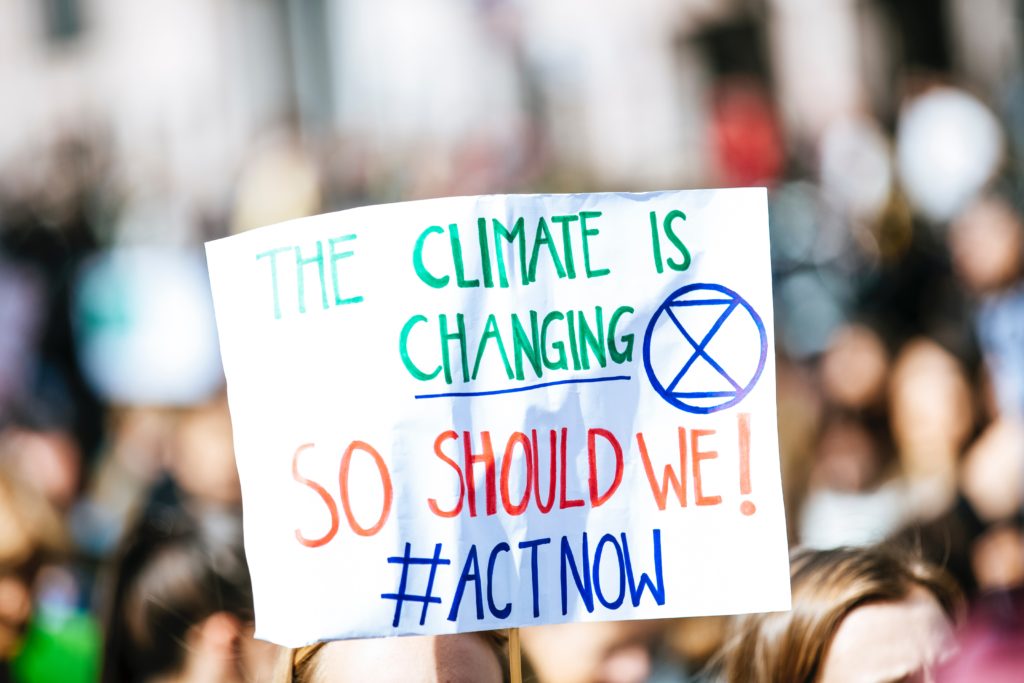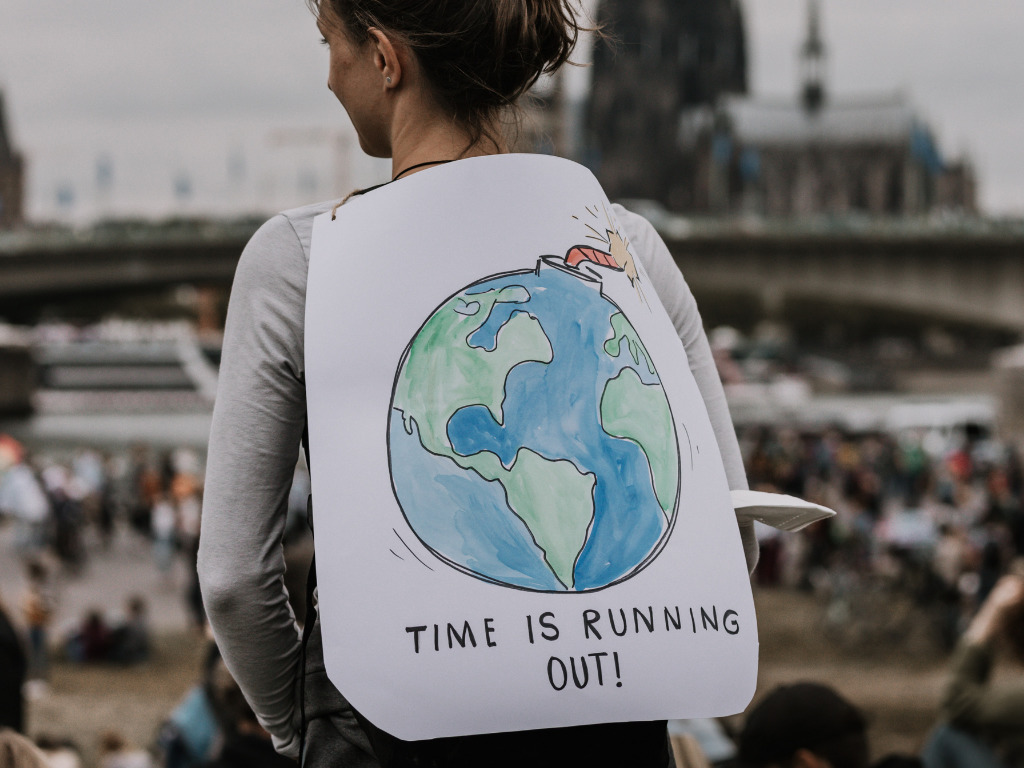4 Mins Read
A new report by a group of Deloitte economists claim that the continued use of fossil fuels is driving the global economy into a downward trajectory and that instead of contributing to economic stability, the cost to support such industries, in terms of carbon offsetting and other environmental considerations, may become unbearable. The ultimate result will be lower standards of living throughout the world and a complete economic slump.
Consultancy firm Deloitte recently unveiled a new report during the World Economic Forum held in Davos, Switzerland last week. It suggests that if the human population maintains its love affair with fossil fuels and continues on the same path as we are today, this will come at a cost $178 trillion over the next 50 years. That amount of money does not currently exist in real terms. The authors write that to bypass the economic disaster, a green Industrial Revolution could be the answer.

Net-zero for more profits
Deloitte claims that reaching zero emissions by 2050 will allow $43 trillion to trickle back into the global economy. This, it states, will be enough to potentially provide a springboard for a green Industrial Revolution.
“The passage of time frames history–but it is the choices we make that define progress, and our humanity,” Punit Renjen, global CEO of Deloitte, writes in his report foreword. “The Deloitte reports highlight that inaction or insufficient action on climate change will see global economic growth, productivity, trade, and competition deteriorate. This is the new baseline for our collective economic futures. But collective action to realize a low-emissions economy will generate growth and prosperity over the coming decades.”
The calculations that led to an assumed $43 trillion in economic growth stem from global warming. Deloitte estimates that if the world’s temperature increases by three degrees celsius, in comparison to pre-industrial times, growth would be stunted across every region of the planet. Individual countries would be responsible for paying for environmental repair initiatives instead of developing new climate-friendly innovations. This, in turn, would impact the quality of life for every member of individual societies.
“Translated into human terms, job opportunities would dry up. Crops would fail. Health care spending would rise,” the report reads.
Deloitte sought to take more factors into account, looking at the impact of changing weather patterns, likelihood of disease, and rising sea levels.

Accounting for previous discrepancies
Accounting for climate change and preventing further consequences has previously been represented as prohibitively expensive. This is the result of emissions-heavy industries paying economists to present an expensive picture of environmental stewardship. The practice started in the 1990s with oil companies leading the charge. Such reports always sought to leave out the projected costs of rectifying climate change due to fossil fuels.
“If the economic impacts of a changing climate are left out of economic baselines, the result is likely to be poor decision-making, ineffective risk management, and dangerously inadequate efforts to address the climate crisis,” the report iterates.
Deloitte identifies that doing nothing does not come with a zero cost attached. Its report breaks down the future economic burdens of not accounting for climate change and failing to prevent it from getting worse.
Getting the message across
The report underscores what many experts have been saying publicly since the latest IPCC report was released: climate action is too slow. In March, UN secretary-general Antonio Guterres launched a blistering attack on those he deems responsible for climate action lethargy. He referenced the notion of an ‘unliveable’ future if global leaders don’t stop posturing. Pointing the finger directly at fossil fuel companies, he stated that, “the world’s biggest polluters are guilty of arson of our only home”.
The Bank of England (BoE) recently painted a similar warning as Deloitte, specifically related to the U.K. The financial institution warned that the country faces $340 billion in losses if nothing is done to tackle climate change in the immediate future. The figure was calculated through a number of climate stress tests’, which the BoE conducted.
Lead photo by Tobias Rademacher at Unsplash.




